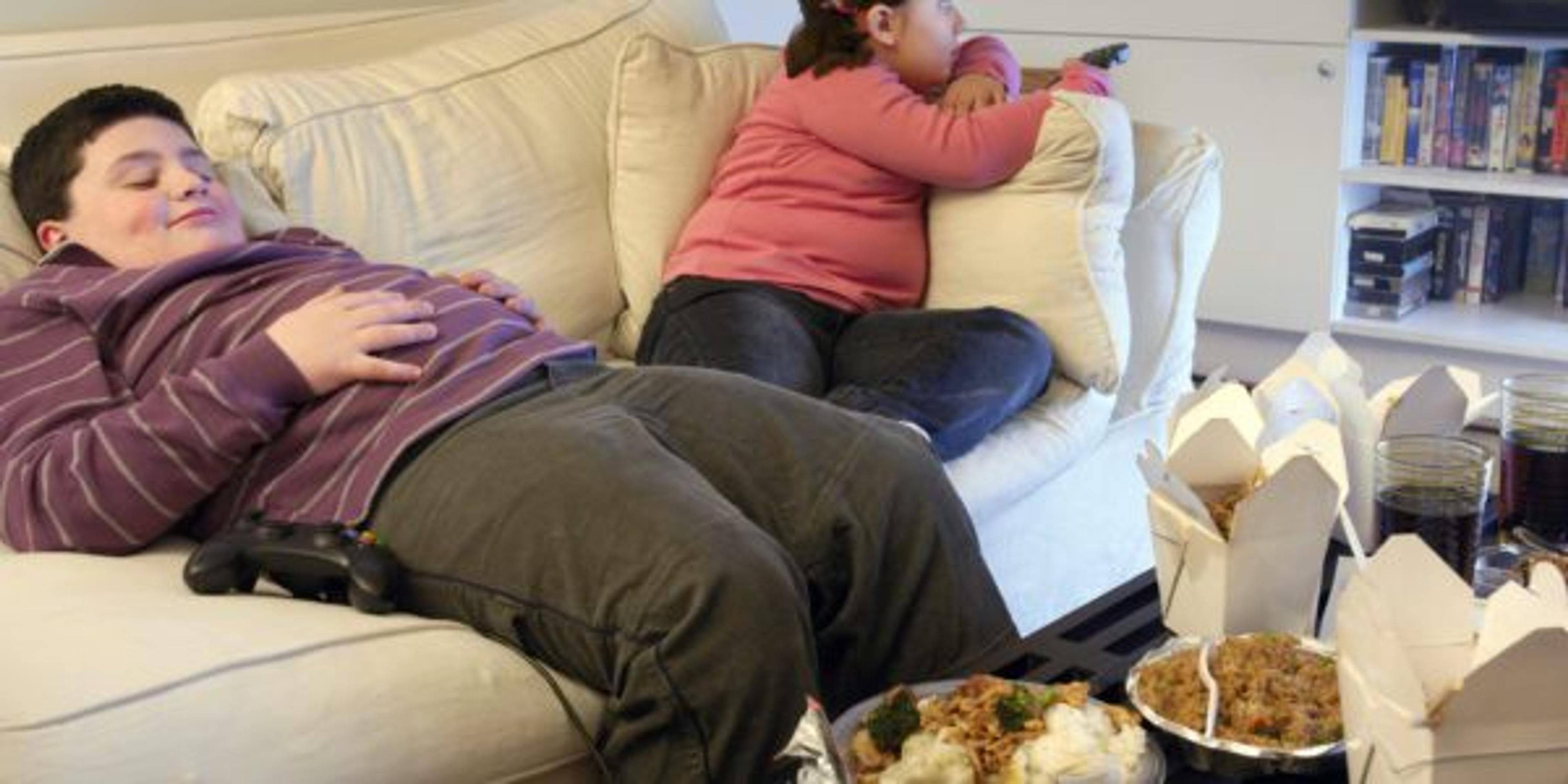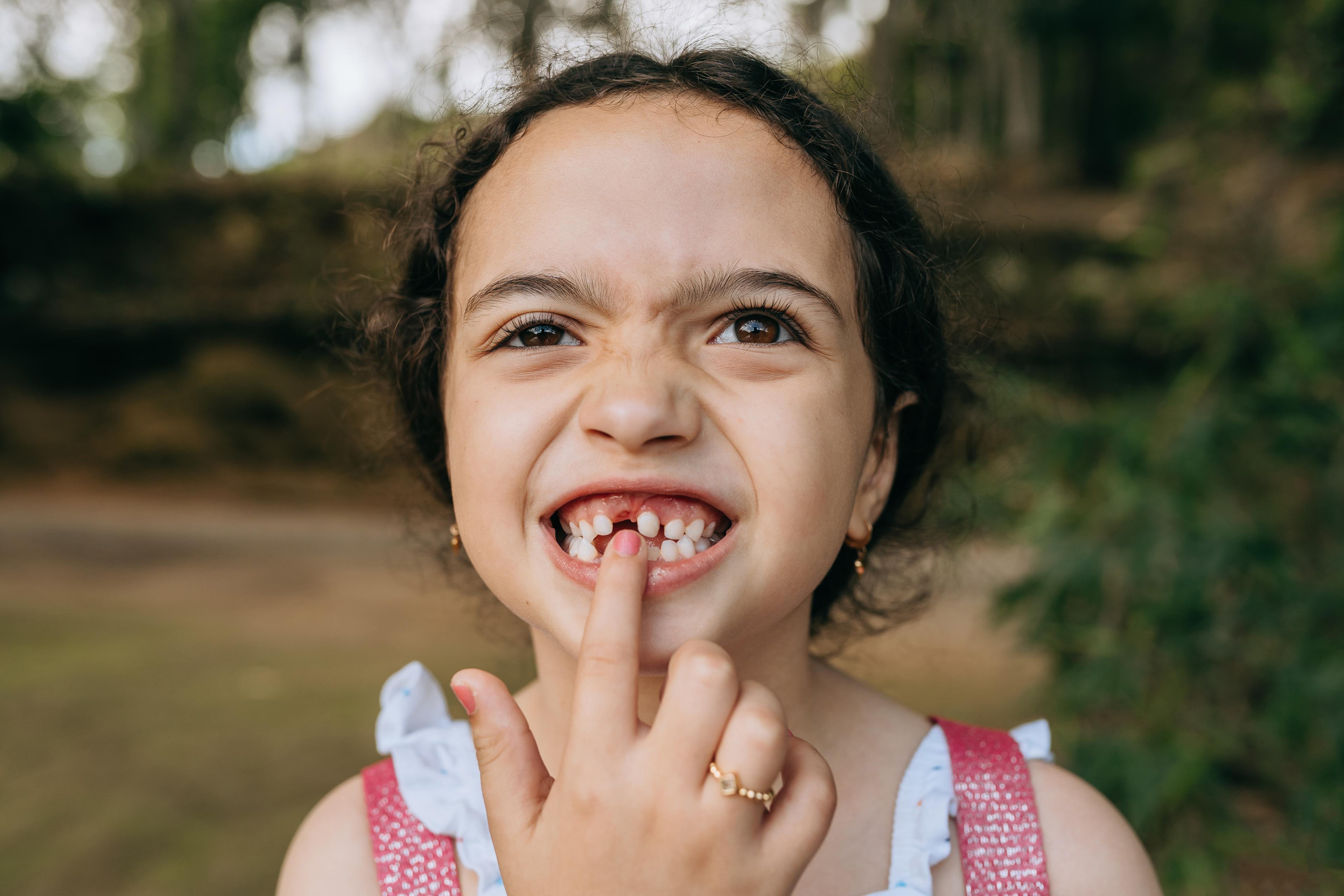Shanthi Appelö is a registered dietitian and health and wellness spokesperson for Blue Cross Blue Shield of Michigan based in Detroit. Passionate about the science of nutrition and behavior, Shanthi has experience working in clinical nutrition, public health and teaching in the university setting. She earned her Master of Science in Public Health Nutrition from the University of Tennessee and has a research background in maternal and child health nutrition and public health, as well as a Certificate of Training in Obesity Interventions from the Commission on Dietetic Registration. In her free time, she enjoys experimenting in the kitchen, exploring the outdoors, working on art and spending time with family.
Obesity Now Affects Children Earlier in Life
4 min read

A growing problem
- 22.2%: Ages 12 to 19
- 20.7%: Ages 6 to 11
- 12.7%: Ages 2 to 5
Obesity is occurring earlier
- 40% of high school students had been overweight before leaving elementary school
- Children born in the 2000 decade had higher rates of obesity – and were obese at younger ages – than children surveyed 10 years earlier
- The risk of becoming obese increased 15% for children living in economically disadvantaged households
How to have healthy conversations with children
- Body positivity: Parents should show respect for their own bodies and their children’s bodies, no matter what shape or size they are. When parents run down their own appearance, children learn to attach self-esteem – or a lack of it – to those statements. Talk about health being more important than numbers on a scale.
- Choosing healthy foods: Explain to teens who are interested in sports how a healthy amount of protein and good fats can help them perform better. If young children have a favorite superhero character, frame healthy eating as a fun way to grow up to be strong.
- Talking about weight: Frame conversations about weight in terms children can understand, depending on their age.
Build a healthy environment for children surrounding food
- Allow children to choose between healthy options; this gives them a sense of control
- Be a role model for a healthy eating lifestyle
- Children are born with the ability to stop eating when they’re full. Pressuring them to clean their plates when they’re full can lead to unhealthy eating habits
- Don’t imply that a child must “earn” food by exercising
- Don’t use the word “diet” when speaking to children about food, put the focus on healthy habits
- Early childhood is an impressionable age for developing food habits that can affect adulthood










